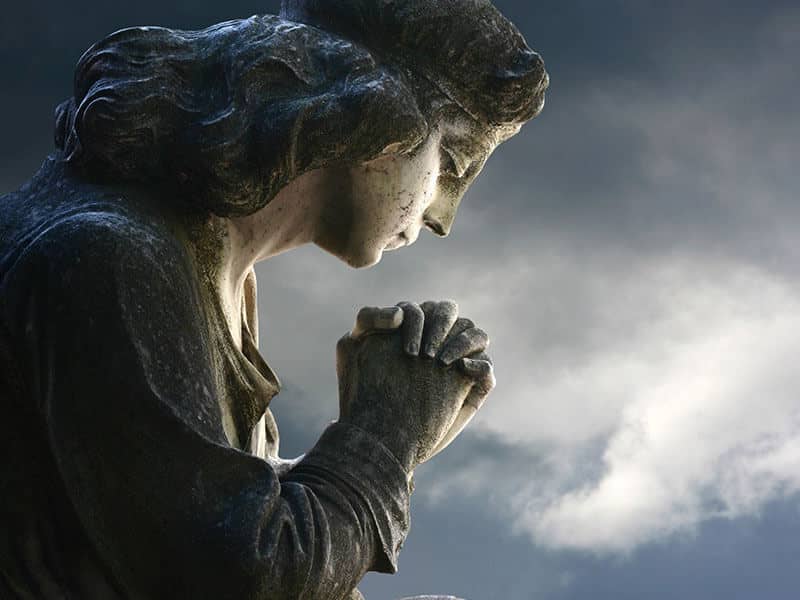
When I was a kid my family spent a number of summers on an island off the coast of Maine. At the time there were only a couple of stores on this island, the most interesting of which was an old-fashioned malt shop: the kind with red-leather swivel stools, a long Formica counter, a spring-set screen door, and a wooden floor that creaked in a friendly, familiar way when you walked in.
My parents had an account at this store, and just about every afternoon I’d come in and charge a vanilla milkshake--or, in the high-sounding language the owner of the shop used for it, a frappe. In the early seventies people didn’t tend to emphasize the importance of drinking water regularly the way they do now. I steered clear of it just about entirely, and to me a thousand-calorie mix of whole milk, ice cream, and vanilla syrup was as good a way of reviving myself on a hot day as any.
Everything about these frappes--from the tapered, trophy-like glass they came in, to the silver canister that held the inevitable extra blob or two of ice cream, to the fact that, magically, no money was necessary to buy them--seemed custom designed to elevate them above the ordinary run of food-and-drink items in my life. Even their color--white, with a few hints of black vanilla flecks if you looked close--had something more-than-simply-earthly about it.
But the most important thing about these frappes was the way they tasted. Sucking one of them down, I would get, for a moment, what I can only describe as a feeling of being rescued--of being lifted above the world. White, cold, and good in a way that was way more than simply good, they gave me my first experience of the fact that some beverages are so elementally satisfying they aren’t JUST drinks at all. They’re something more.
From the Bible to the Vedas of ancient India to Islamic mystical poetry, thirst shows up everywhere in the world’s religious and devotional literature. Some of this material focuses on thirst for water--or what I like to think of as Thirst Number One. Elsewhere, it is alcohol (more often than not, wine) that is celebrated, by poets suffering from what you might call Thirst Number Two. In his famous poem “The Tavern,” the Sufi mystical poet Rumi (translated here by Coleman Barks) imagines the entire world of physical existence as a bar crowded with reeling, boisterous revelers too drunk to leave.
Who looks out with my eyes? What is the soul?
I cannot stop asking.
If I could taste one sip of an answer,
I could break out of this prison for drunks.
I didn't come here of my own accord, and I can't leave that way.
Whoever brought me here will have to take me home.
Read through quickly, this poem seems to be singing the praises of alcohol. But--like all poems in this genre--it is really doing nothing of the sort. Because the thirst its author is complaining of is not Thirst Number one (thirst for water) or Thirst Number Two (thirst for alcohol) but rather…Thirst Number Three.
What might this thirst be for? The psychologist Carl Jung provided the answer in his famous letter to Bill Wilson, the founder of Alcoholics Anonymous. The craving for alcohol, Jung wrote there, “is the equivalent on a low level of the spiritual thirst of our being for wholeness, expressed in medieval language: the union with God.” To drive his point home, Jung quoted a line from Psalms: “As the hart panteth after the water brooks, so panteth my soul after thee, O God.”
At the center not only of the longing of people who suffer from addictions, but of ALL human longing, this passage suggests, is thirst. Yes! the body shouts to us when we are thirsty and take a drink. This is what I was missing. This is what I was looking for. And in that feeling of satisfaction, we get a hint of that larger satisfaction that only connection with something infinitely larger than either water or wine – or milkshakes, for that matter -- can provide: connection with God himself.
The 20th century Spanish poet Antonio Machado--another poet who liked to write about thirst--might have given the most succinct expression of this idea in all of literature. “It is good knowing that glasses are to drink from,” Machado wrote. “The bad thing is not to know what thirst is for.”

